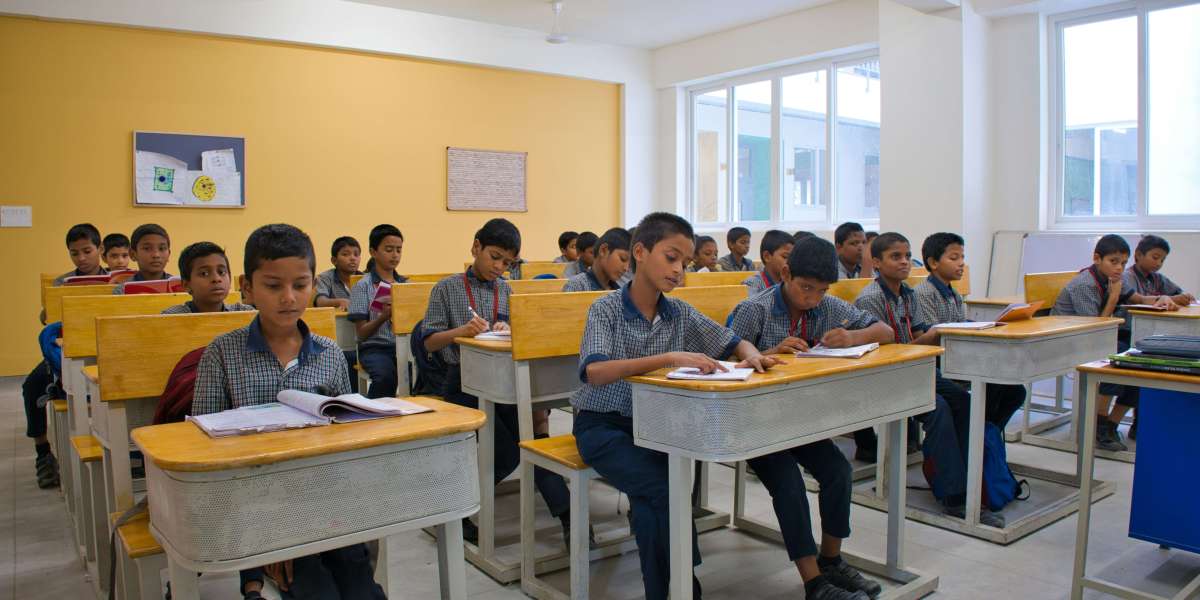Introduction
The UK is home to one of the largest Muslim populations in Europe, and with it comes a growing network of Islamic schools in UK. From early years education to secondary and beyond, these schools are dedicated to offering quality learning rooted in Islamic principles. Their rise reflects the community’s commitment to nurturing faith while excelling in modern education.
The History of Islamic Schools in the UK
Islamic education in the UK began in the mid-20th century with small community schools. Over time, as the Muslim population grew, formal institutions emerged, such as Manchester Muslim Preparatory School and London’s Islamia School. Today, the UK has over 150 full-time Islamic schools, both independent and state-funded.
Why Parents Choose Islamic Schools
Parents opt for Islamic schools for several reasons:
- Faith-based learning: Daily Qur’an recitation, Islamic studies, and Arabic language ensure strong spiritual grounding.
- Safe environment: Schools promote modesty, discipline, and respect, creating a positive culture.
- Academic success: Many Islamic schools consistently outperform national averages in GCSEs.
- Identity support: Students feel secure in their Muslim identity while still being prepared to succeed in British society.
Examples of Leading Islamic Schools
- Manchester Islamic Grammar School for Girls (MIGSG): Known for its outstanding academic performance and faith-based ethos.
- KD Grammar School for Boys: Offers high-quality teaching with a strong focus on Qur’anic knowledge and academic rigor.
- Manchester Muslim Preparatory School: Among the oldest Islamic schools, excelling in primary education.
- Tauheedul Islam Girls’ High School (Blackburn): One of the highest-performing schools in the UK overall.
Contribution to Society
Islamic schools don’t just benefit Muslim students—they also contribute positively to wider society. Many schools engage in interfaith activities, charity fundraising, and volunteering, instilling civic responsibility in their students.
Challenges and Opportunities
- Stereotypes: Islamic schools are often misunderstood as being isolated, but in reality, many foster inclusivity.
- Funding: Independent schools rely on fees, which can be a barrier for some families.
- Future growth: With rising demand, more schools are likely to be established across the UK.
Conclusion
Islamic schools in the UK are a testament to the community’s commitment to education, faith, and social contribution. They represent a model where academic excellence meets spiritual integrity, preparing students to excel in life while staying true to their values. As their presence grows, Islamic schools continue to enrich both the Muslim community and the wider British society.













